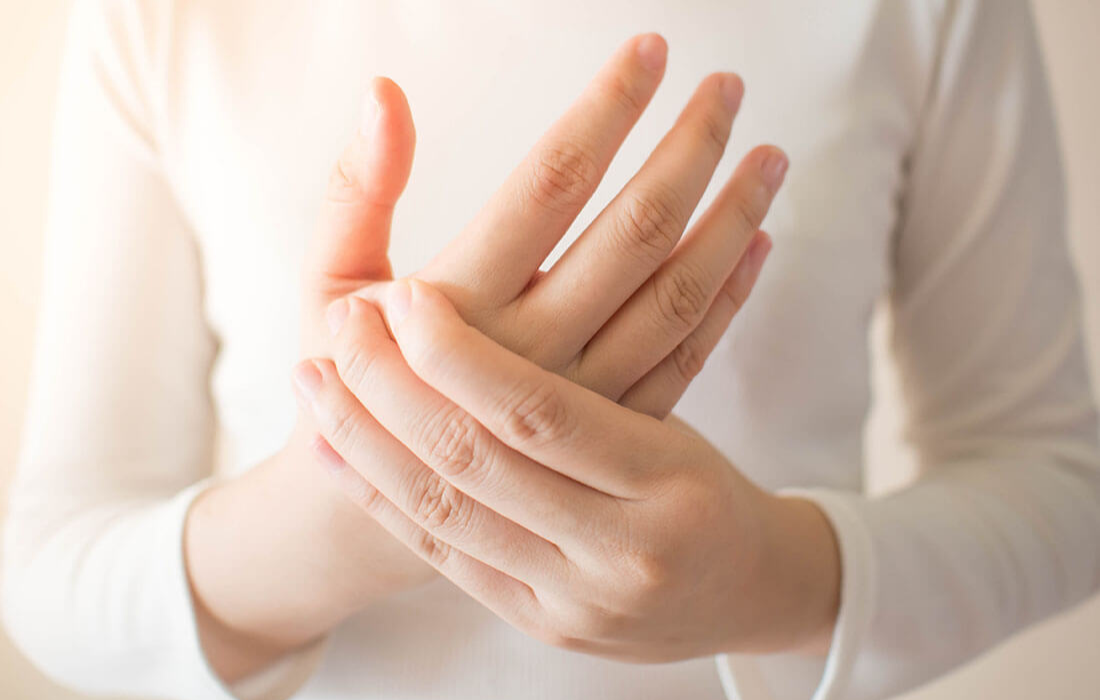Shoulder bursitis occurs when the bursa in the shoulder becomes inflamed. Here’s a closer look at the causes and treatments for shoulder bursitis and how to contact University Orthopaedic Associates (UOA) if you are experiencing symptoms.
What Is Shoulder Bursitis?
Bursitis is a condition in which a bursa becomes swollen, irritated and inflamed. A bursa is a small, fluid-filled sac that cushions the bones and tendons. Bursae are located all throughout the body including in the hips, elbows, knees, and shoulders.
Shoulder bursitis is bursitis that specifically affects the bursa in the shoulder. It usually occurs due to an injury or overuse of the shoulder joint when engaging in activities, including baseball, tennis, swimming, and daily household tasks.
What Are Its Key Symptoms?
Pain in the shoulder is the most common symptom of shoulder bursitis. This symptom can come on suddenly or gradually and may feel mild or severe, dull or sharp.
Other key symptoms of shoulder bursitis include:
- Stiffness in the shoulder
- Range-of-motion pain
- Pain when lying on the affected shoulder
- Warmth and redness
Many times, your symptoms will begin shortly after the initial injury. Inflammation in the bursa will cause fluid to build up. Bursitis pain may be present at rest and tends to worsen when moving it or when placing pressure on it. In rare instances, the inflammation and symptoms triggered by shoulder bursitis can cause fever.
What Are the Most Common Causes?
Injury and overuse are the most common causes of shoulder bursitis, though it may also be caused by a bacterial infection. You may be at higher risk for developing this condition if you engage in certain sports or have a job that involves repetitive use of the shoulders.
You may also be predisposed to shoulder bursitis if you have one of the following health conditions:
- Arthritis
- Gout
- Tendonitis
- Diabetes
- Kidney disease
- Thyroid disease
What Are the Primary Treatments?
Mild to moderate cases of shoulder bursitis may gradually go away when you take an extended break from the activities that caused it—such as temporarily stopping sports like tennis and baseball. During this time, you can place ice packs on the shoulder to reduce inflammation and take over-the-counter pain relievers to relieve pain and swelling.
If your symptoms persist after these treatments, your orthopaedic specialist may recommend nonsurgical treatments, including:
- Steroid injections into the bursa to reduce pain and swelling
- Oral corticosteroids to relieve pain and inflammation
- Physical therapy to strengthen your shoulder muscles and improve range of motion
- Antibiotics to clear symptoms of bursitis caused by bacterial infections
Surgery is usually a last resort treatment for cases of shoulder bursitis that do not respond to nonsurgical treatments, including medications and physical therapy. An orthopaedic specialist may recommend surgery when your bursitis is severe or chronic. Surgery for shoulder bursitis is called bursectomy.
During surgery, an orthopaedic surgeon will remove the inflamed bursa, along with inflamed tissues, a portion of bone and bone spurs. The goal of surgery is to reduce your symptoms and create more room in which the tendons can move more freely.
What Are Shoulder Bursitis Treatment and Recovery Like?
Downtime and recovery for shoulder bursitis can last anywhere between a few weeks and a few months, depending on factors including its severity, your activity level and the treatment method used. After nonsurgical treatments, your orthopaedic specialist may recommend exercise and physical therapy to speed up your recovery.
Bursectomy can be performed as an open surgery or as a minimally invasive procedure known as arthroscopy. Arthroscopy is far less invasive than open surgery and produces less scarring and downtime. An orthopaedic surgeon can talk to you in more detail about what to expect from treatment and recovery based on your condition.
University Orthopaedic Associates offers a wide range of orthopaedic services including hand and upper extremity treatments for shoulder bursitis. Contact UOA today at (732) 537-0909 to request an appointment if you need treatment for an orthopaedic injury.




